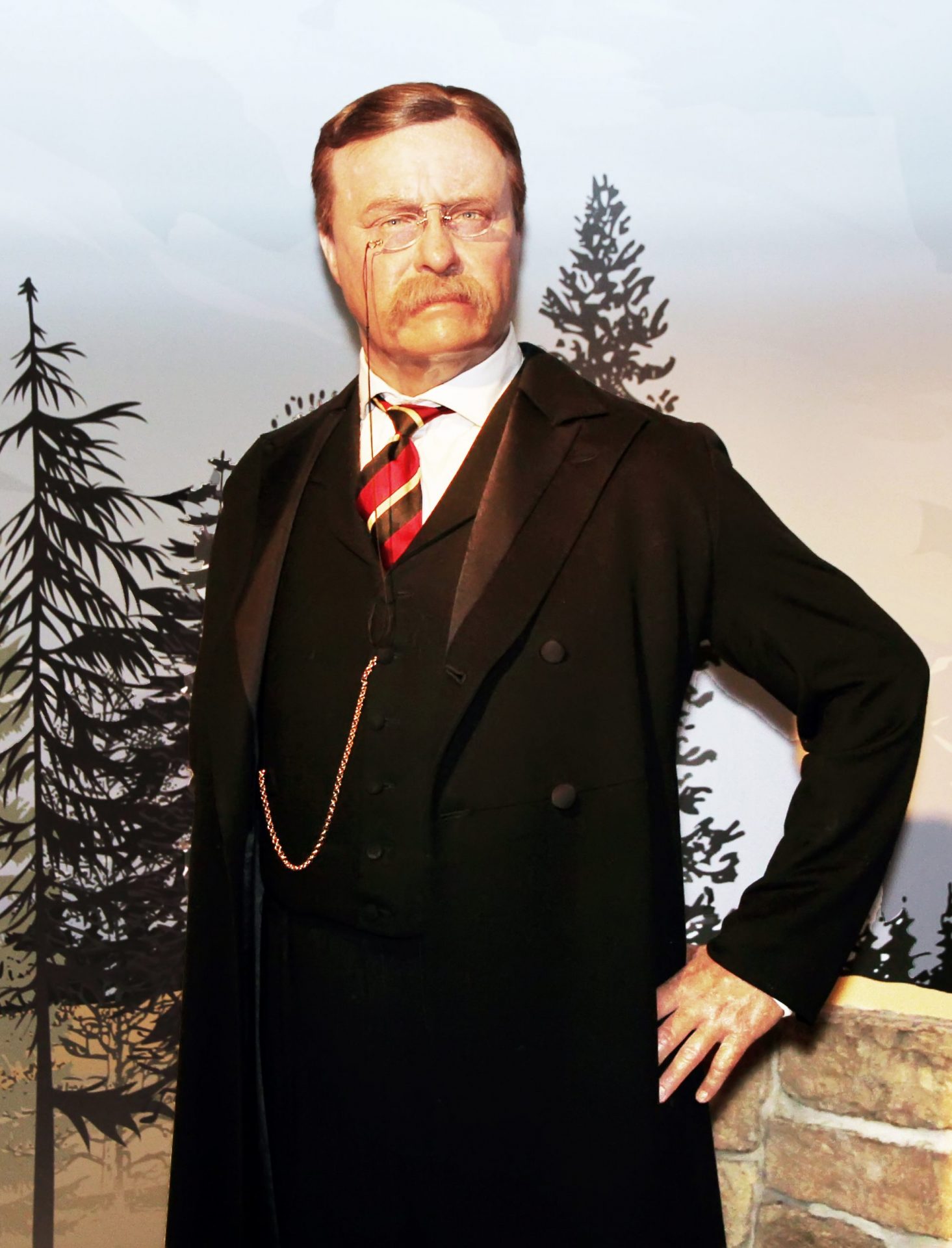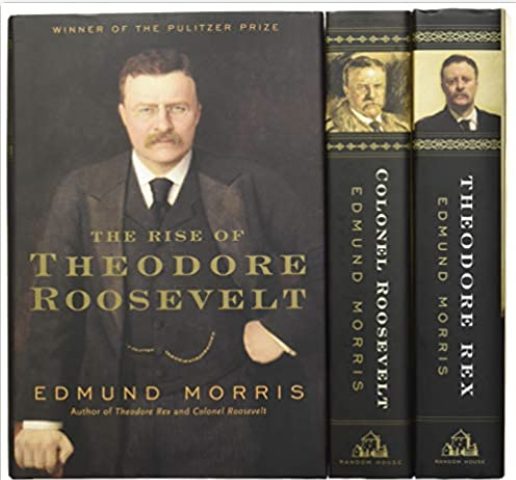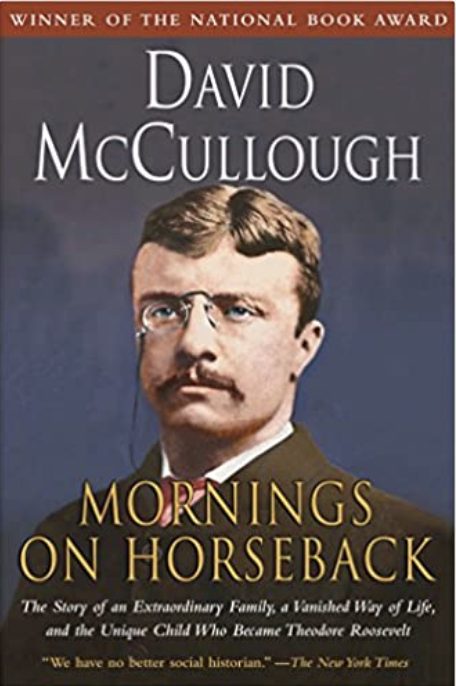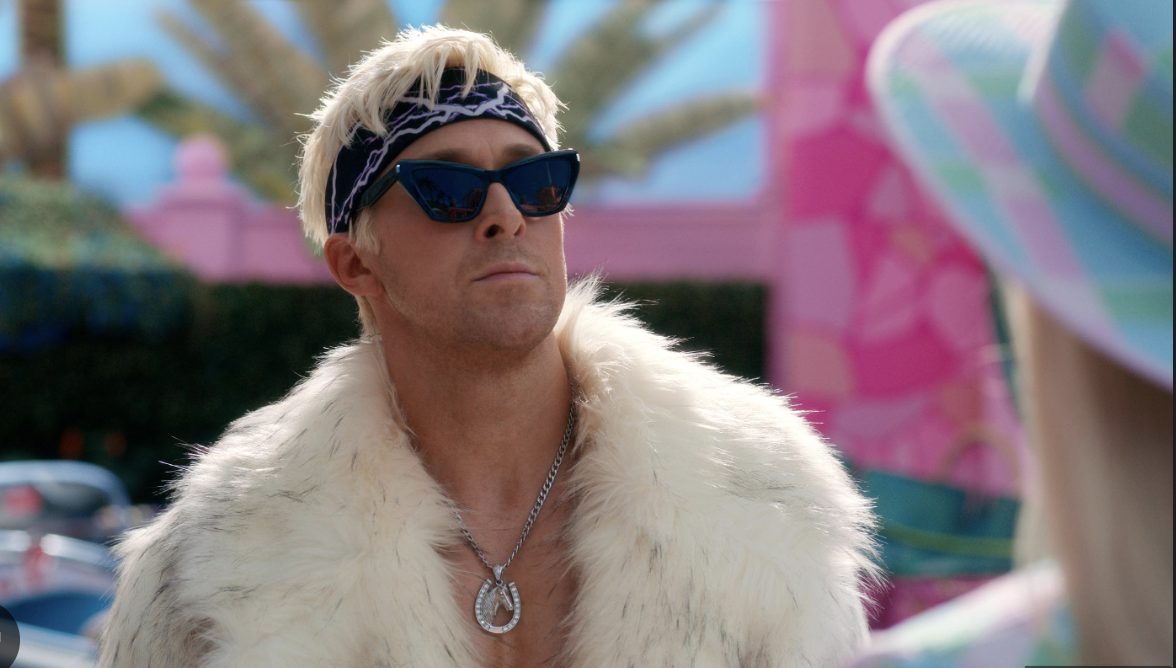Teddy Roosevelt on his son playing football

Teddy Roosevelt advises his son on the limits of sports in building character. We advise you to give it a moment. Tweet

Highlights
"Athletic proficiency is a mighty good servant, and like so many other good servants, a mighty bad master."
“..character counts for a great deal more than either intellect or body in winning success at life.”
“A man must develop his physical prowess up to a certain point; but after he has reached that point there are other things that count more.”
Editor’s note: None of our presidents has been so subject to caricature in the popular imagination as Theodore Roosevelt. There he is in a dozen movies and TV shows, the once-sickly child grown bluff and hearty, shouting “Bully!” at every turn. Now the Roughrider, now the big game hunter, now the public spirited trust-buster, but always the consummate man of action.
But read any of the better TR biographies — David McCullough’s Mornings on Horseback or the trilogy by Edmund Morris — and an infinitely more complex figure emerges. TR was also deeply contemplative, and among the small handful of truly gifted writer-presidents. Hardly least, he was a devoted, loving and playful father to his six children, and even as president made time to write to them regularly — always lovingly, but often with pointed advice.
Nor was that advice always what you’d expect — or what the child in question hoped for. But well more than a century later, TR’s words remain remarkably sound.
The following is excerpted from a letter written from the White House on October 3, 1903, to his oldest son, Theodore, Jr., sixteen at the time, and in school at Groton.
Character counts for a great deal more than either intellect or body in winning success at life.
“…I am delighted to have you play football. I believe in rough, manly sports. But I do not believe in them if they degenerate into the sole end of any one’s existence. I don’t want you to sacrifice standing well in your studies to any over-athleticism; and I need not tell you that character counts for a great deal more than either intellect or body in winning success at life. Athletic proficiency is a mighty good servant, and like so many other good servants, a mighty bad master. Did you ever read Pliny’s letter to Trajan, in which he speaks of its being advisable to keep the Greeks absorbed in athletics, because it distracted their minds from all serious pursuits, including soldiering, and prevented their ever being dangerous to the Romans? I have no doubt that the British soldiers in the Boer War had their efficiency partly reduced because they had sacrificed their legitimate duties to an inordinate and ridiculous love of sports. A man must develop his physical prowess up to a certain point; but after he has reached that point there are other things that count more. In my regiment nine-tenths of the men were better horsemen than I was, and two-thirds of them were probably better shots than I was, while on the average they were certainly hardier and more enduring. Yet after I had them a very short while they all knew, and I knew too, that nobody else could command them as I could. I am glad you should play football; I am glad that you should box; I am glad that you should ride and shoot and walk and row as well as you do. I should be very sorry if you did not do these things. But don’t ever get into the frame of mind which regards these things as constituting the end to which all your energies must be devoted, or even the major portion of your energies…”











